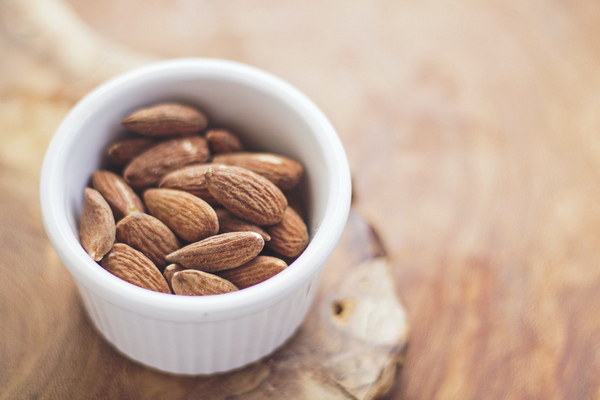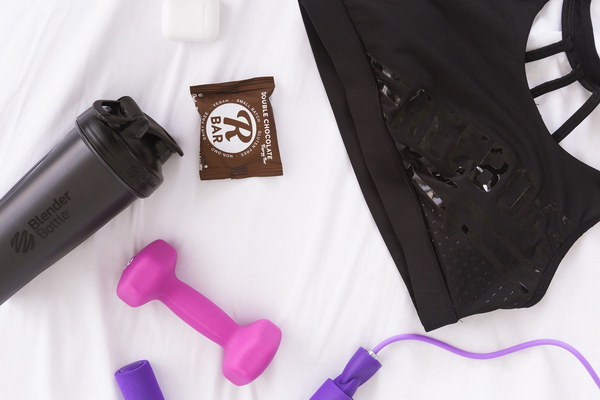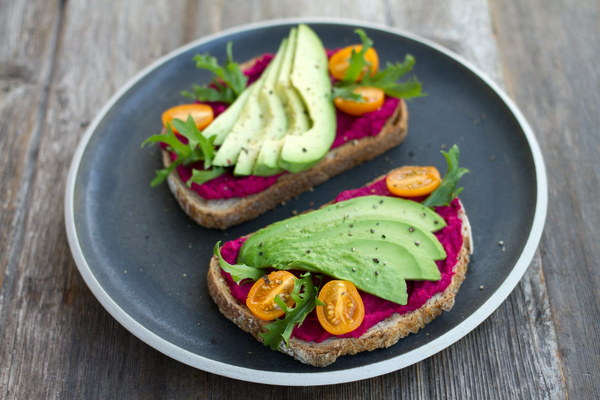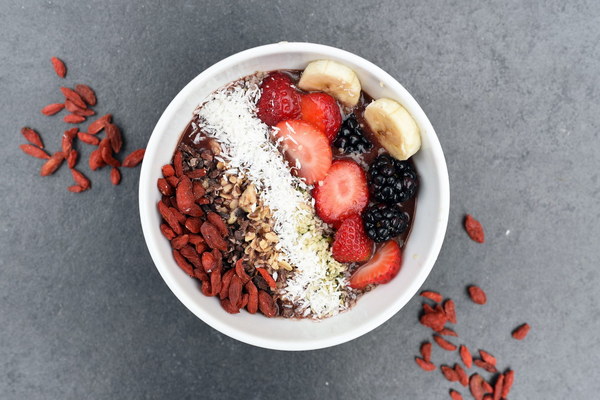Revitalize Your Liver A Comprehensive Diet and Medication Therapy for Fatty Liver
Fatty liver, a condition where excessive fat accumulates in the liver, is becoming increasingly common in today's world. This condition can lead to serious liver diseases if not addressed promptly. One effective way to manage fatty liver is through a combination of medication and dietary therapy. In this article, we will discuss a comprehensive fat liver medication and diet therapy plan to help you revitalize your liver.
I. Introduction
Fatty liver, also known as steatohepatitis, is a condition where fat accumulates in the liver cells. It is usually caused by obesity, metabolic syndrome, and high blood sugar levels. The condition can lead to inflammation and liver damage, which may progress to liver cirrhosis and liver cancer. To combat this condition, a combination of medication and dietary therapy is essential.
II. Medication Therapy
A. Weight loss medication
Weight loss is a crucial aspect of managing fatty liver. Medications such as orlistat, phentermine, and topiramate can help you lose weight and improve liver function. It is important to consult with your healthcare provider before starting any weight loss medication.
B. Metformin
Metformin, a common diabetes medication, has been found to be effective in reducing liver fat and improving insulin sensitivity. It is often prescribed for individuals with fatty liver and type 2 diabetes.

C. Statins
Statins, commonly used to lower cholesterol levels, may also help reduce liver fat and inflammation. They are often prescribed in combination with other medications for individuals with fatty liver.
III. Diet Therapy
A. Low-calorie diet
A low-calorie diet is essential for weight loss and managing fatty liver. Aim for a daily caloric intake of 1,200 to 1,500 calories, depending on your age, gender, and activity level. It is important to consume a balanced diet that includes a variety of fruits, vegetables, whole grains, lean proteins, and healthy fats.
B. High-fiber diet
A high-fiber diet can help improve insulin sensitivity and reduce liver fat. Include a variety of fruits, vegetables, whole grains, and legumes in your diet. Some examples of high-fiber foods are apples, broccoli, oatmeal, and lentils.
C. Low-carbohydrate diet
A low-carbohydrate diet can help regulate blood sugar levels and reduce liver fat. Focus on consuming complex carbohydrates, such as whole grains, legumes, and vegetables, while limiting intake of simple carbohydrates, such as sugar and white bread.
D. Healthy fats
Consume healthy fats, such as monounsaturated and polyunsaturated fats, found in foods like olive oil, avocados, and nuts. These fats can help reduce inflammation and improve liver function.
E. Limit alcohol and caffeine
Alcohol and caffeine can worsen fatty liver. It is important to limit or avoid these substances while managing your condition.
IV. Conclusion
Fatty liver is a serious condition that requires a comprehensive approach to management. By combining medication therapy with a well-balanced diet, you can effectively manage your fatty liver and improve your overall health. Consult with your healthcare provider to create a personalized plan that suits your specific needs and preferences. Remember, early detection and intervention are key to preventing the progression of fatty liver to more severe liver diseases.









